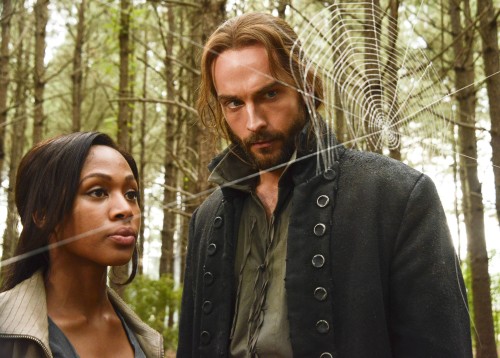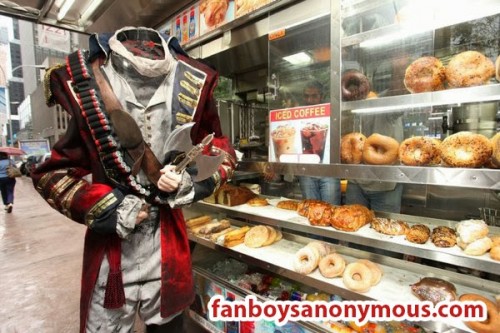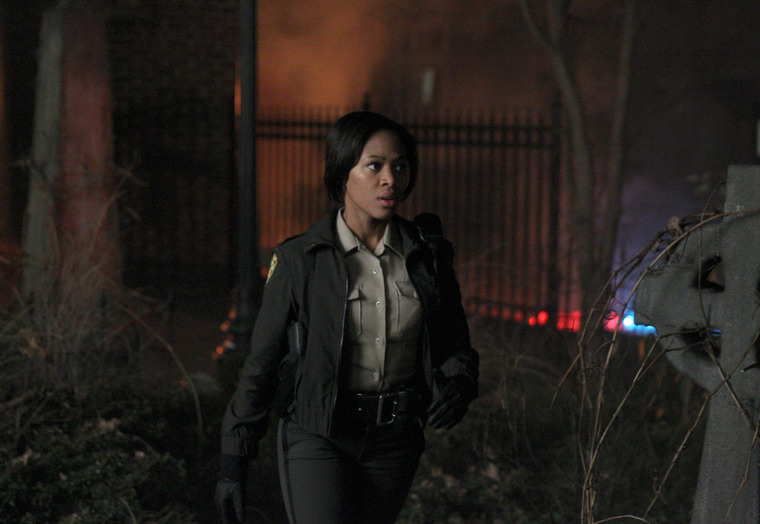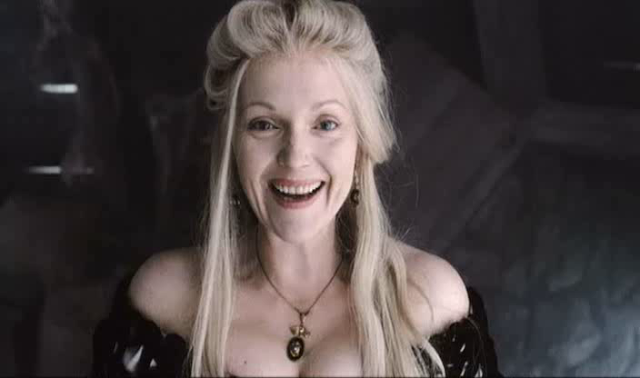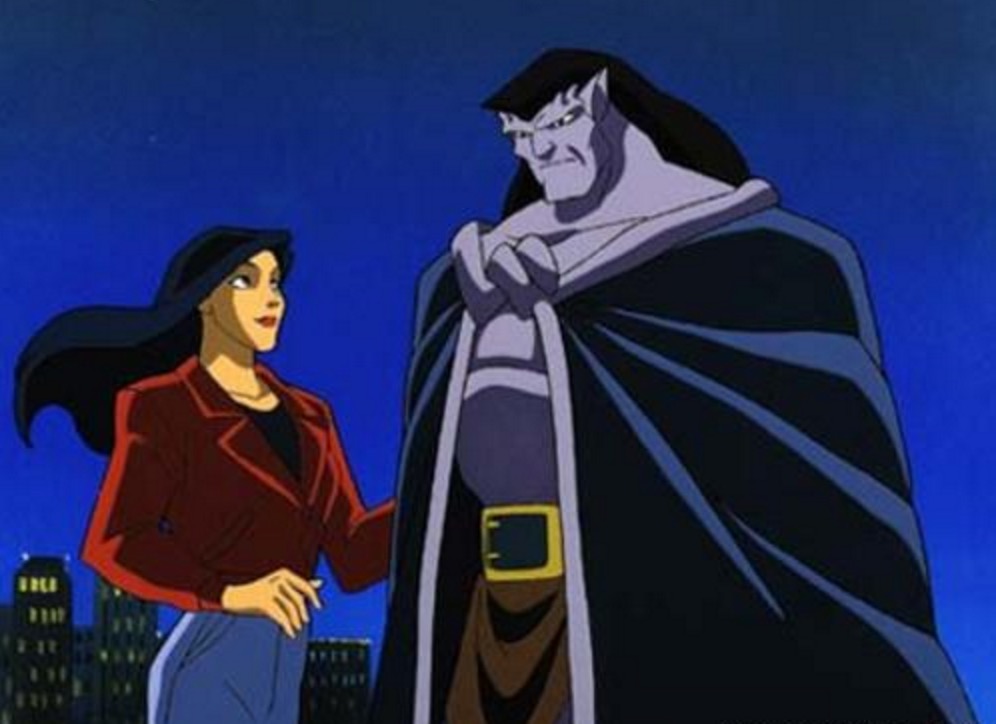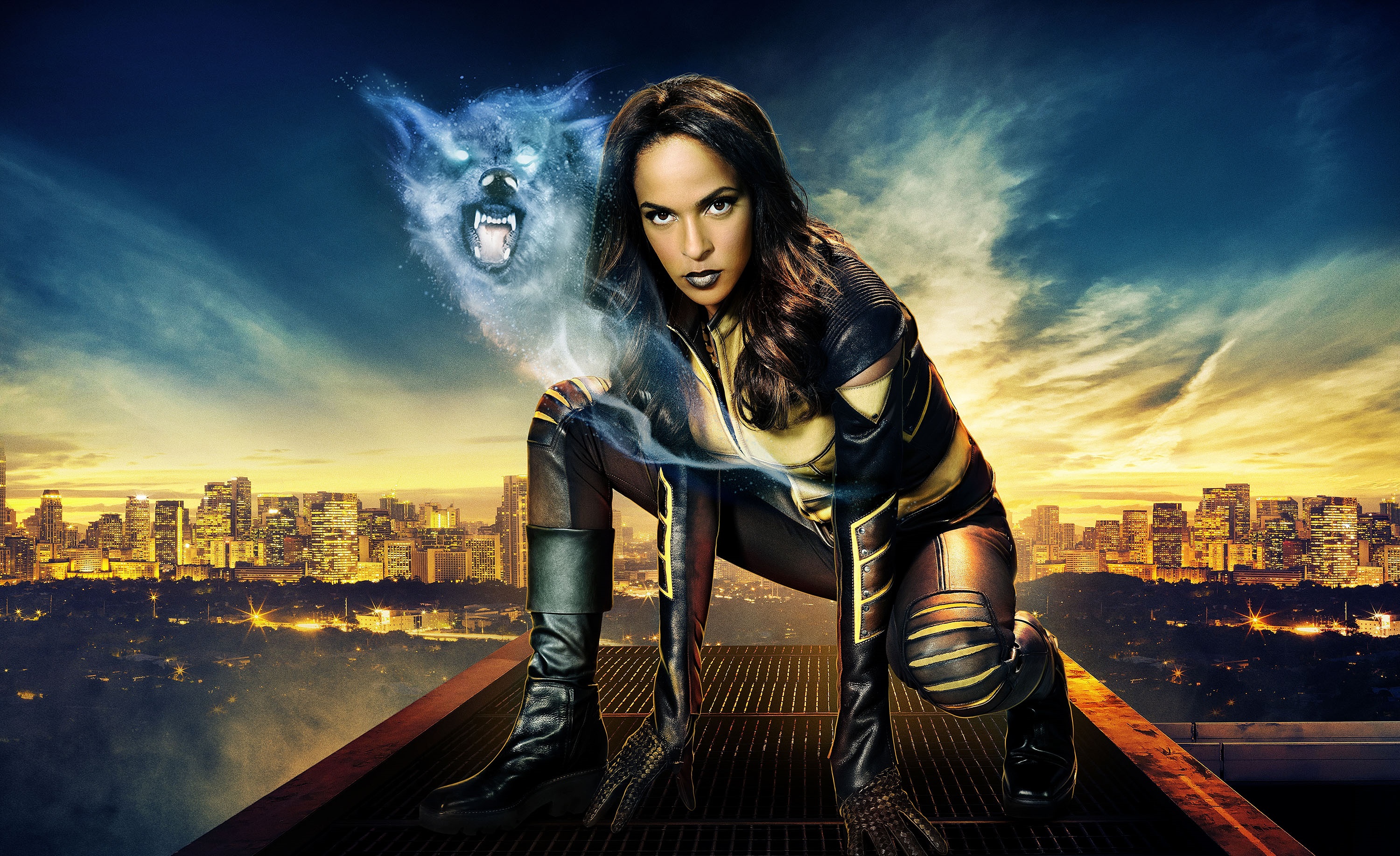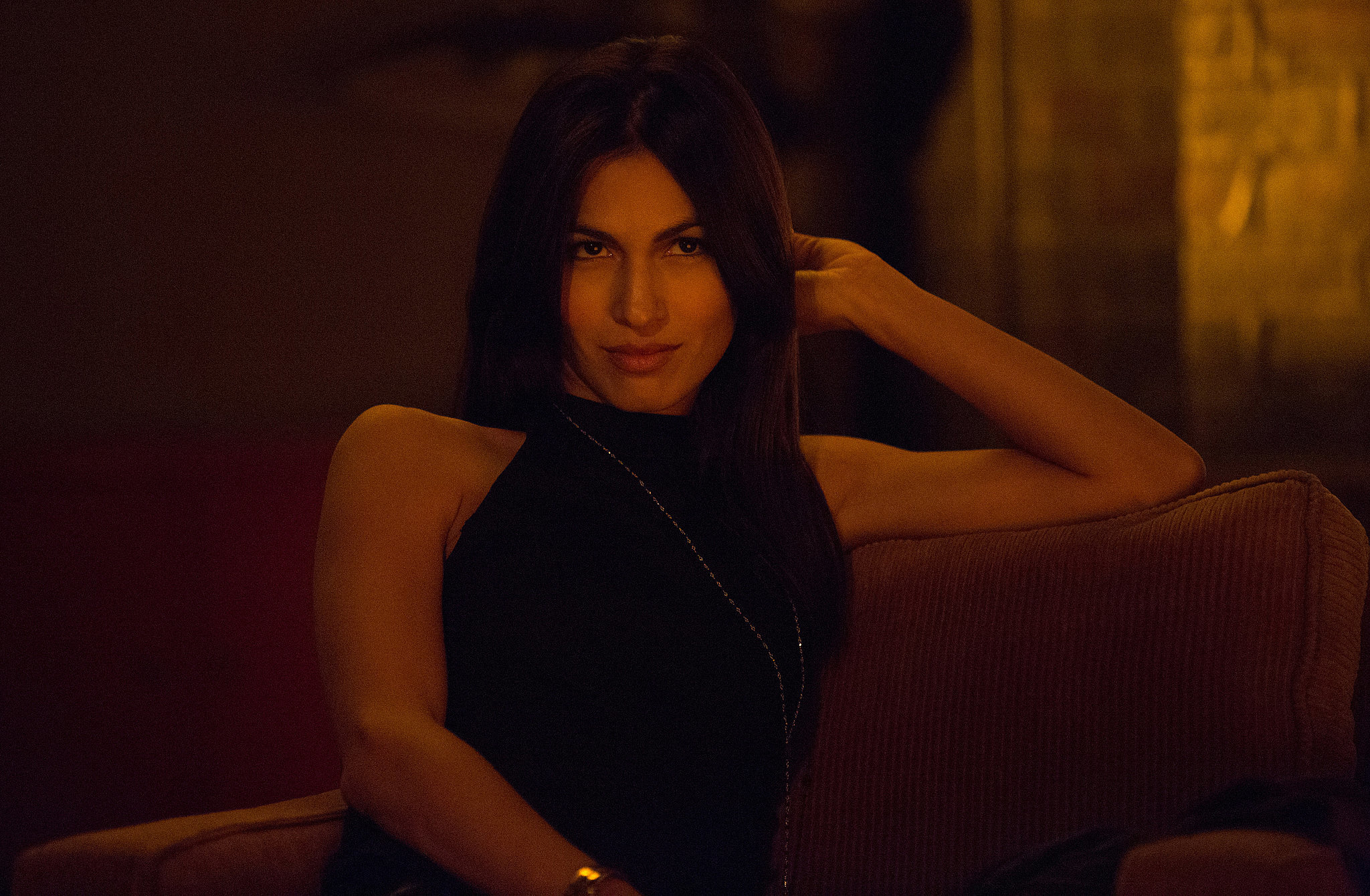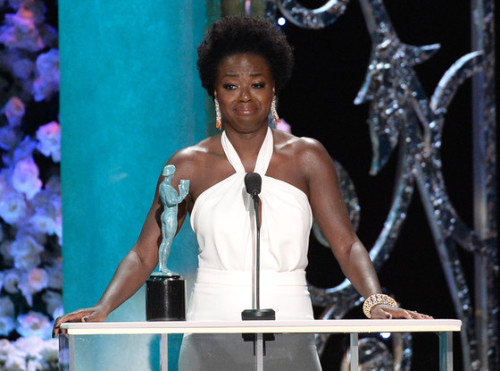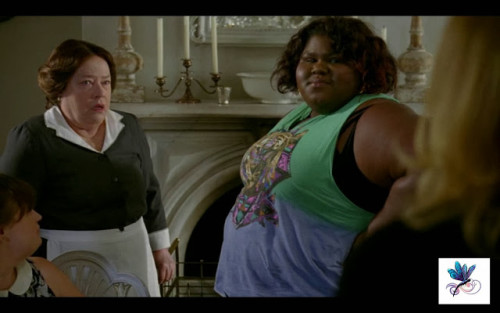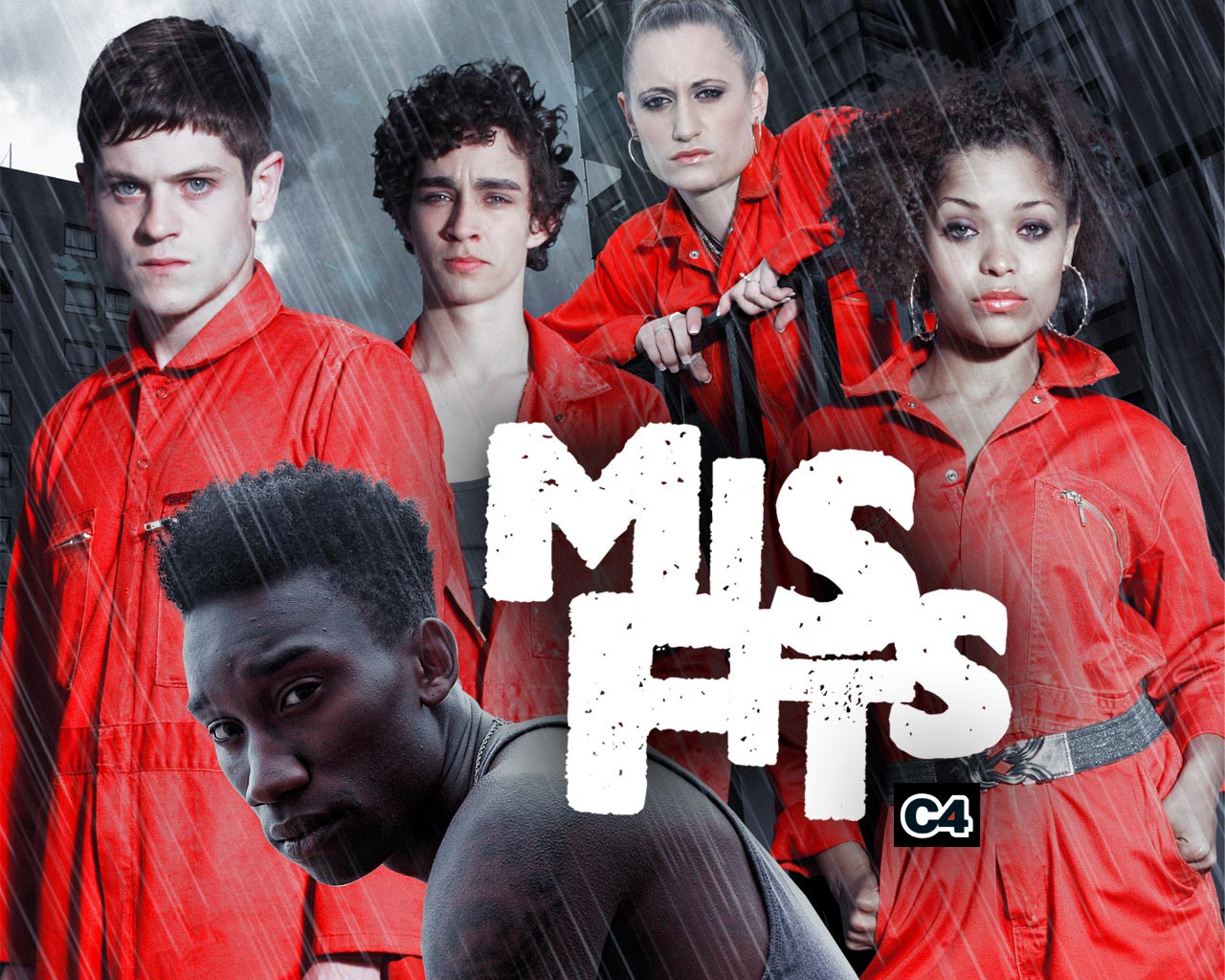I caught up on the series and decided that hands down, it’s one of the best genre TV shows around. It’s a success not because of the kooky Sci Fi aspects of the show, but because of the diversity of the characters in race, class, and language, and also the engaging representation of women. The characters all start off as archetypes in the beginning of the series, but slowly over the course of the first season, layers are revealed and the audience grows to love each misfit for being the messy and vulnerable people they really are.

